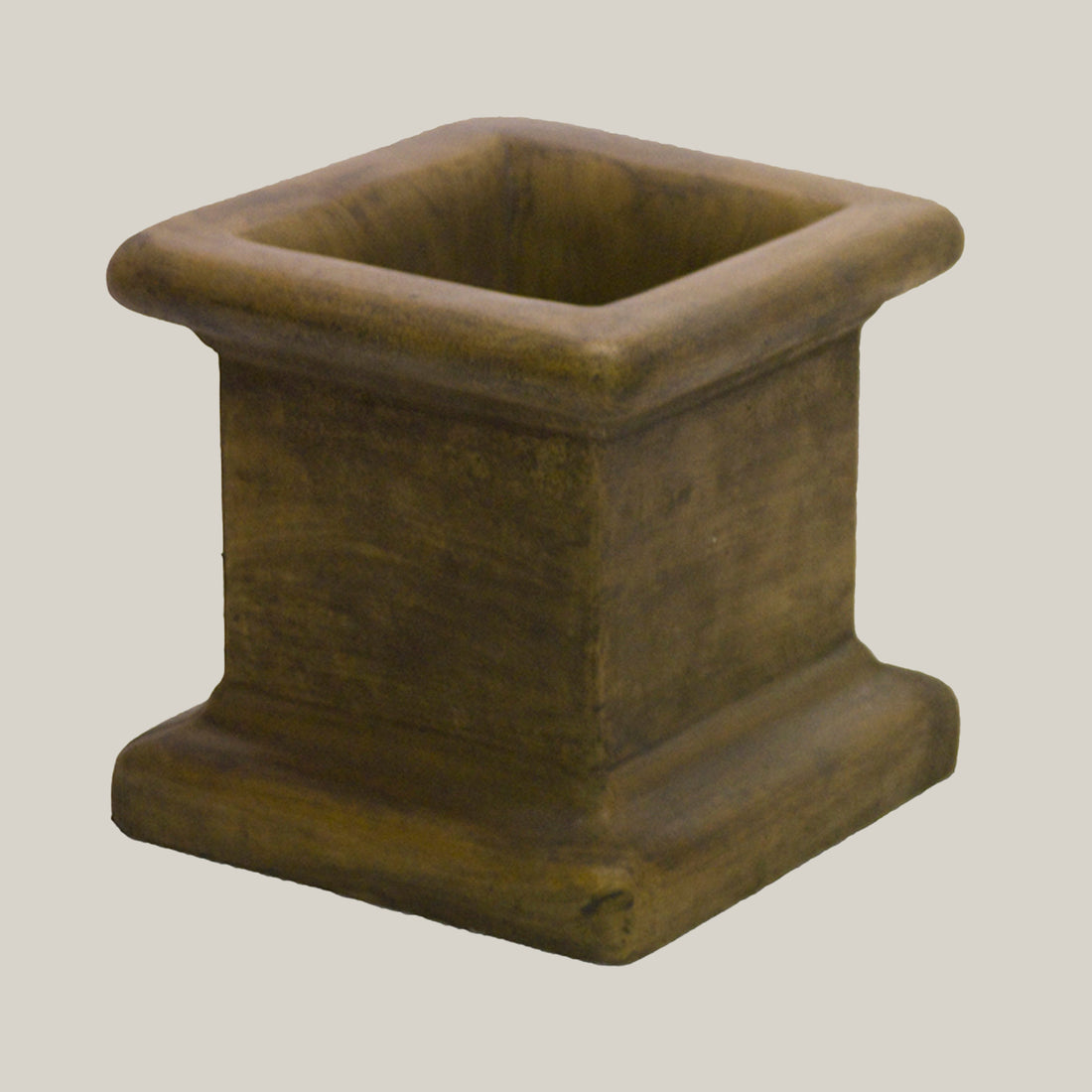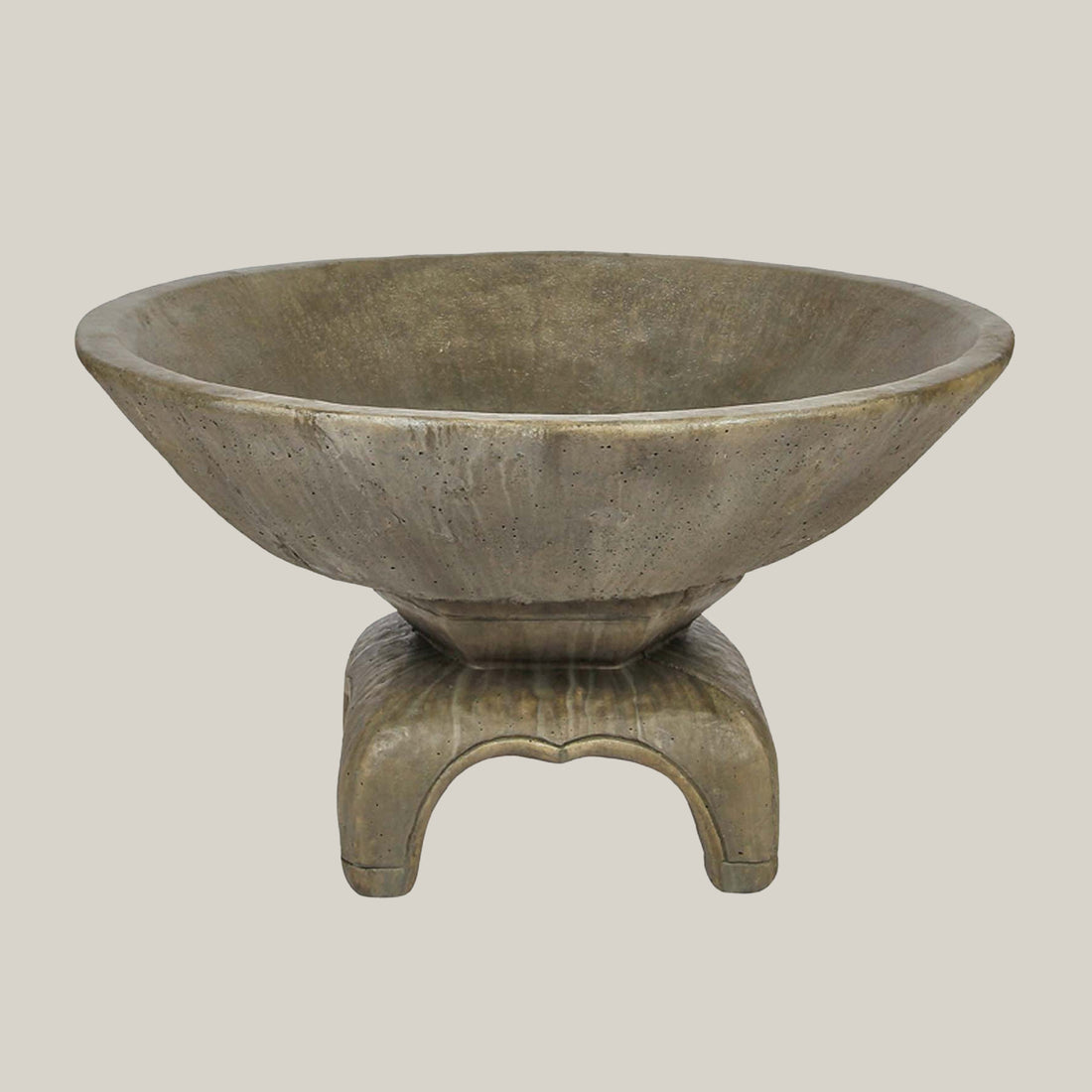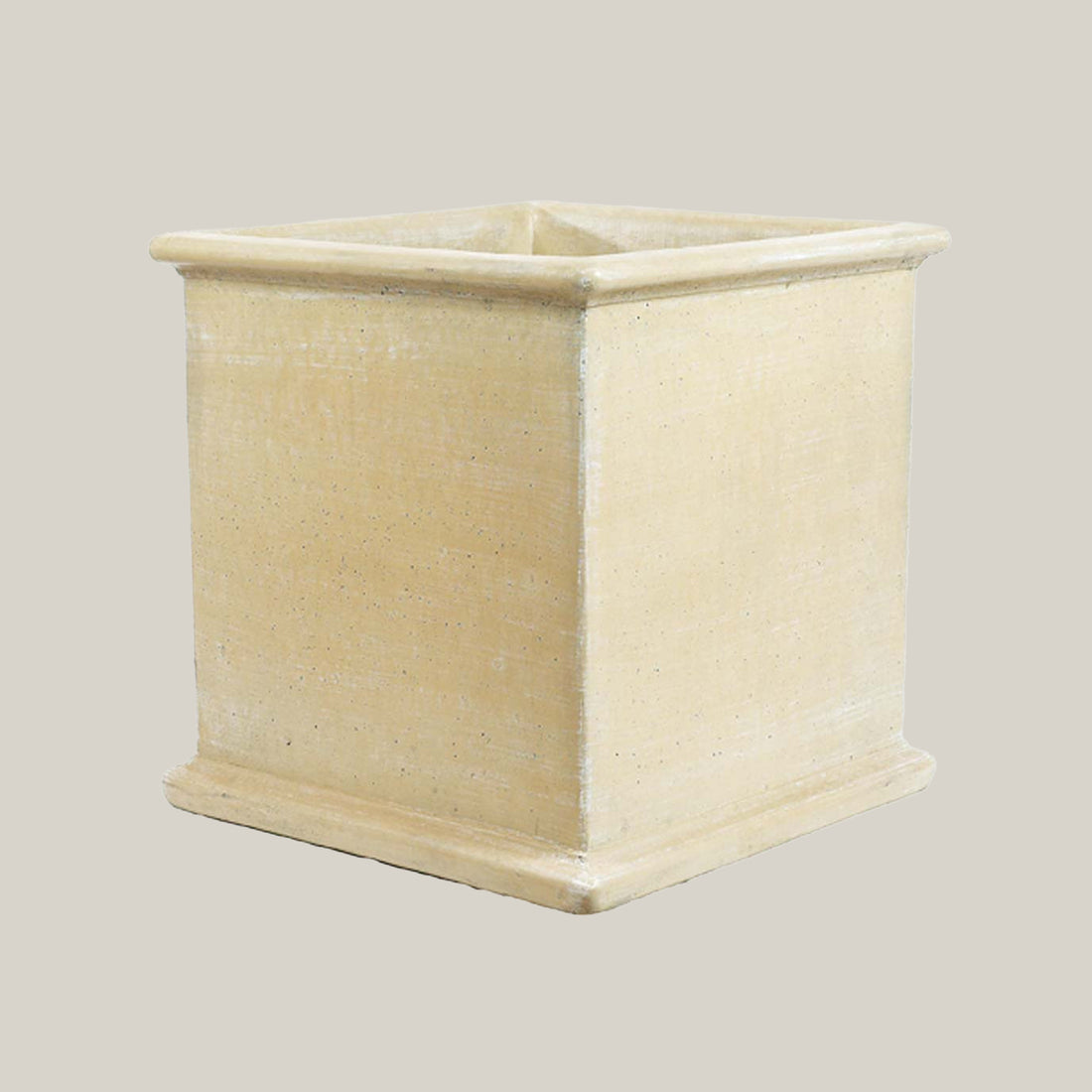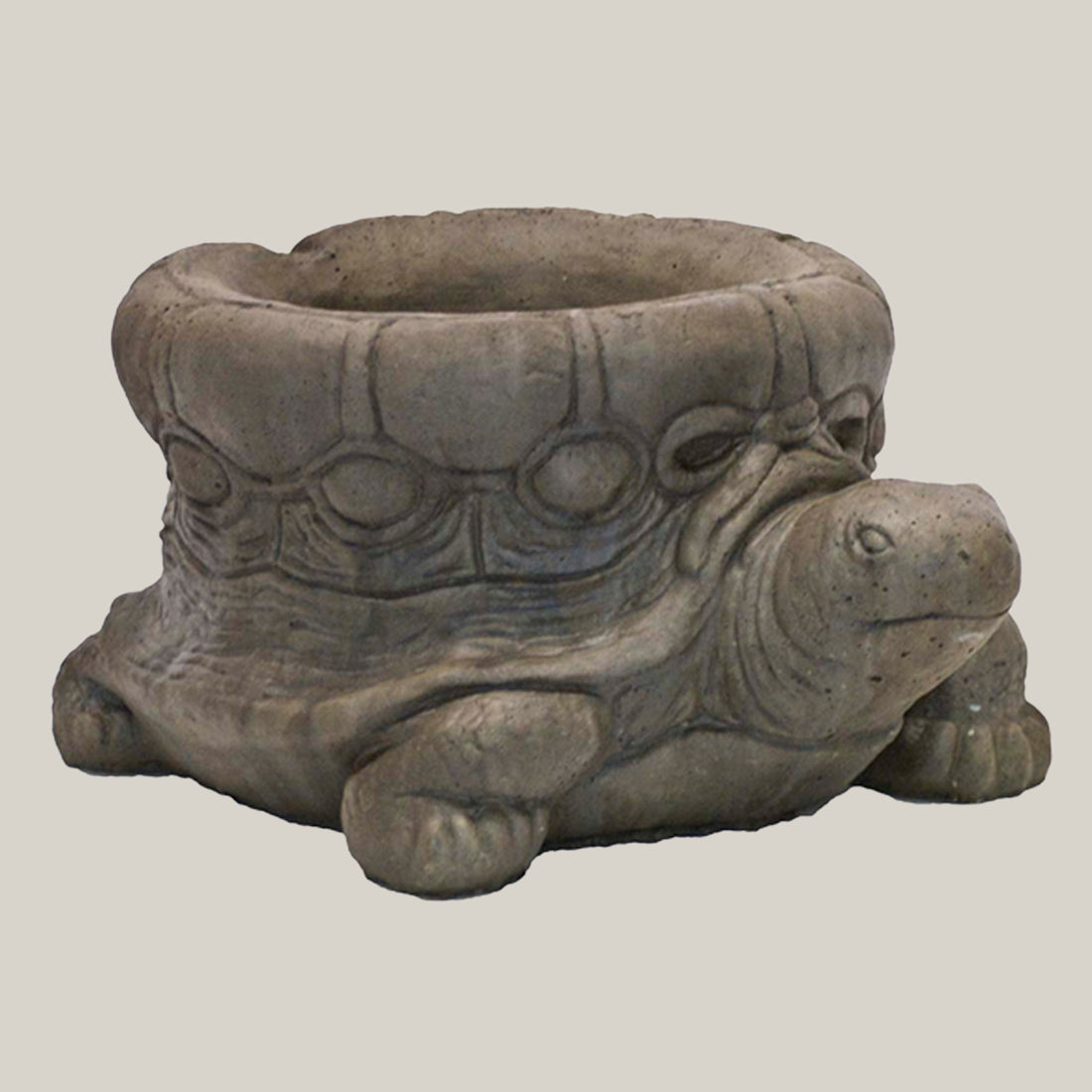What Does Fertilizer Do for Plants?
Plant fertilizer provides necessary minerals to plants, such as nitrogen and potassium. Plants need minerals to grow. Without fertilizer, your plants will have limited growth. Every plant needs fertilizer; there is even fertilizer for grass.
According to Communications in Soil Science and Plant Analysis, a lack of nutrients can alter root anatomy. They state that lack of fertilizer “will influence the root’s ability to explore larger soil volume and reduce nutrient and water availability and uptake.” Therefore, less fertilizer means less root volume, water, and plant growth.
How Often to Fertilize Plants
Remembering when to fertilize your plants can take a lot of work. The answer is different for each plant, so it requires a lot of research. Some plants, like roses, need monthly fertilizer during their growing season. On the other hand, plants like cacti only need food 2-3 times per year. Researching and grouping plants by how often they need food is crucial for plant care.
The general rule for outdoor plants that get hit by the sun is to fertilize every two to three weeks. Outdoor plants grow much faster and get flushed with more water, so they need more fertilizer. If you’re wondering how to fertilize indoor plants, you only need to once or twice during Spring and Summer. Indoor plants grow more slowly and don’t dry out as quickly. Too much fertilizer can burn leaves.
How to Fertilize Plants
Fertilizer containers should have instructions on them. There are a few types of fertilizer out there:
- Liquid fertilizer – The most common liquid fertilizer is the easiest. Just pour around the stem of your plant.
- Water-soluble powder – Powder is just liquid fertilizer with an extra step. Dilute it with water. Water your plants and feed them at the same time.
- Plant food spikes – Plant spikes are the longest lasting. Just stick them in your soil, and they will break down over time. They are slower-acting due to not being broken down, but they can last months. These are good options for the plant parent with limited time.
Make sure not to pour liquid fertilizer on the plant itself. Fertilizers can be harmful if not flushed through the soil. Instead, pour water around the base of the plant. Be sure to dilute the powder as much as possible so that large particles do not clog the roots.
Fertilizer for Crops
For fruits and vegetables, you should take a different approach to fertilization. For instance, the answer will differ if you are looking for potato fertilizer. They need a lot more nutrients to produce healthy food. Mixing organic matter into your soil regularly is a must. Organic matter can include animal feces, leaves, mulch, or other decaying animal or plant material. Check your local plant nursery, or search for any farm near you.
Which Fertilizer is Best for Plants?
The best fertilizer for indoor plants – Miracle-Gro plant spikes are among the best indoor plant fertilizers offered at big box stores. They are also mess-free.
Getting the right fertilizer for all of your plants is essential. Choosing the right pot is equally as important. At Ten Thousand Pots, we have the largest selection of ceramic planters and yard art in Texas. Come see all of the different colors and styles we offer! We provide free consultations from our team every day. You can reach us at (512) 584-8889 or learn more about the services we provide. Learn more about what we do here. If you don’t live near us, we ship anywhere in the US.
Related Content:






